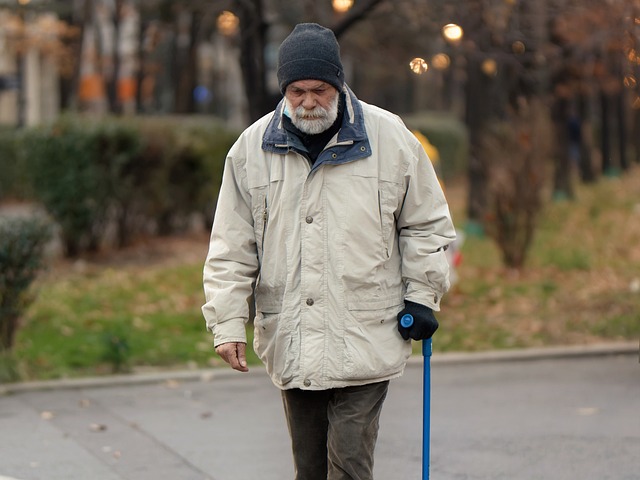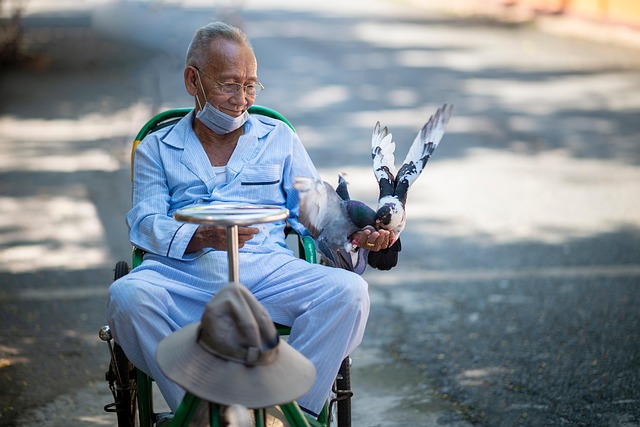Elderly Companion Services are vital for improving senior quality of life by addressing unique transportation challenges, especially for those with reduced mobility or impairments. These services provide personalized support, ensuring seniors can access appointments, social events, and activities safely and independently. By offering companionship and social interaction, they alleviate loneliness. Tailored transportation solutions, like door-to-door service and medical trips, significantly enhance senior mobility and community participation. Successful programs require local need assessment, staff training, funding, healthcare integration, and community promotion.
Transportation services tailored for seniors, known as elderly companion services, are becoming increasingly vital. As our population ages, ensuring safe and accessible mobility for this demographic is paramount. This article explores the growing need for specialized transportation, delving into various elderly companion service types available and their significant benefits. We’ll consider key aspects to implement these services, emphasizing their positive impact on senior independence and quality of life.
- Understanding the Need for Specialized Transportation for Seniors
- Types of Elderly Companion Services Available
- Benefits and Considerations for Implementing These Services
Understanding the Need for Specialized Transportation for Seniors

Transportation services play a pivotal role in improving the quality of life for seniors, especially those who live alone or have limited mobility. Understanding the unique needs of this demographic is crucial when it comes to specialized transportation solutions. The elderly often face challenges that younger individuals might not, such as reduced vision, hearing impairment, or impaired physical abilities, making regular commuting a potential hurdle.
Specialized services like Elderly Companion Services step in to address these concerns by offering tailored transportation options. These services ensure that seniors can access medical appointments, social gatherings, and recreational activities with ease and safety. By providing personalized attention and support, companion services not only facilitate mobility but also foster independence and enhance the overall well-being of elderly individuals within their communities.
Types of Elderly Companion Services Available

Elderly Companion Services come in various forms, each designed to cater to specific needs of seniors. These services include personal care assistants who can help with daily tasks like bathing, dressing, and medication management. They also offer transportation services, ensuring safe and reliable travel for older adults who may have difficulty driving or accessing public transit.
Additionally, companion services provide social interaction and companionship, which is vital for combating loneliness and isolation. Companions can engage in activities such as dining out, visiting friends, or simply spending time together. These services are tailored to the unique requirements of each senior, promoting independence while ensuring their safety and well-being.
Benefits and Considerations for Implementing These Services

Implementing transportation services tailored for seniors, especially elderly companion services, brings about numerous advantages. These services play a vital role in enhancing mobility and accessibility for an often-neglected demographic. By providing dedicated transport options, communities can improve the quality of life for the elderly, ensuring they remain connected and active participants in their neighborhoods. This is particularly beneficial for those with limited mobility who might otherwise face isolation and reduced access to essential services, social activities, and healthcare appointments.
When considering such initiatives, it’s crucial to assess local needs and available resources. Elderly Companion Services can be a game-changer, offering door-to-door transportation, helping seniors navigate medical trips, and facilitating their participation in community events. However, successful implementation requires careful planning, including identifying suitable venues, hiring or training specialized staff, and securing funding. Additionally, promoting these services within the community and ensuring they align with existing healthcare networks are essential steps to make them accessible and valuable assets for the elderly population.
As we age, our mobility and independence can be significantly impacted. This is where Elderly Companion Services come into play, offering a vital solution for seniors seeking specialized transportation. By understanding the unique needs of this demographic and implementing these services, we can greatly enhance their quality of life. The benefits are clear: improved access to healthcare, social connections, and community resources, all while ensuring safety and comfort. With various options available, from door-to-door shuttles to personalized care, it’s essential to match the right service with each senior’s individual requirements.






